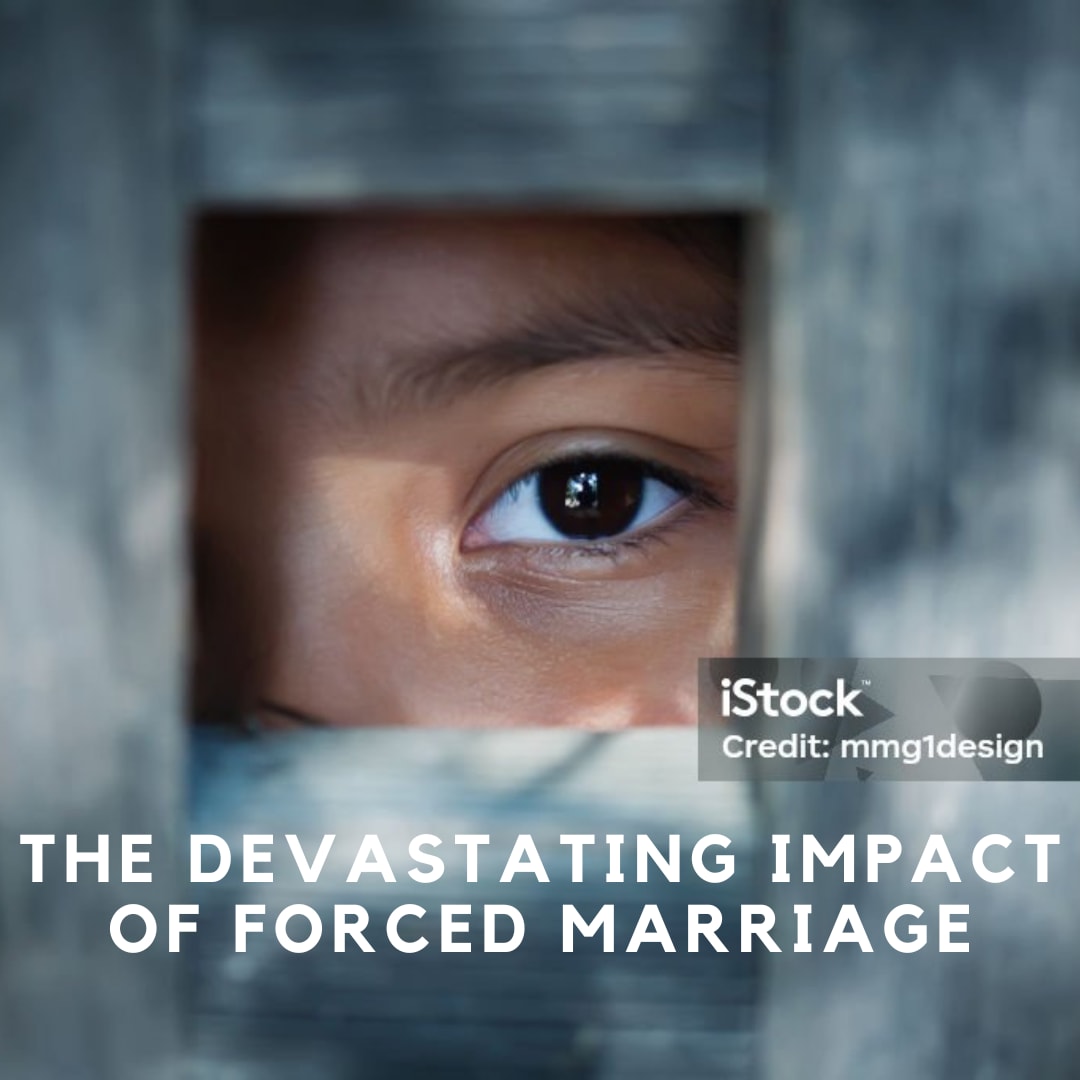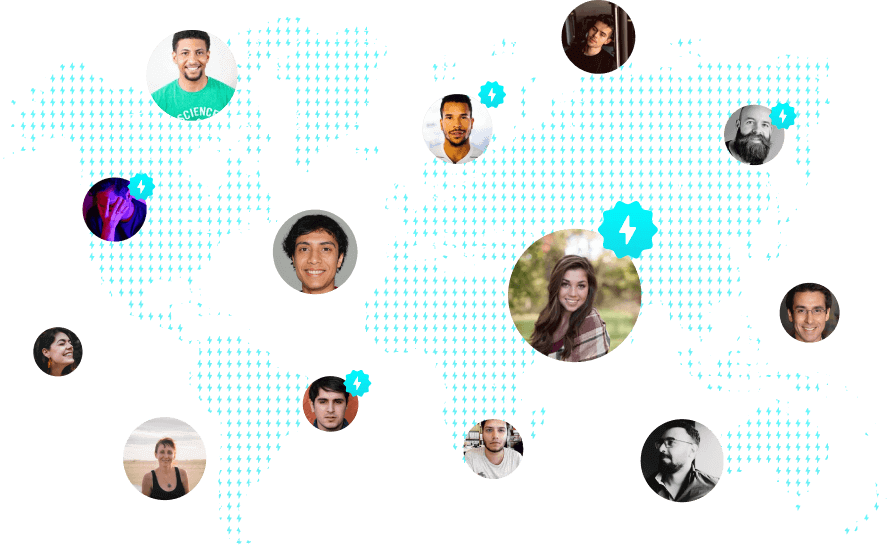Forced Marriage
“We talk about ending violence against women, but child marriage is a form of violence we rarely discuss. It's a life sentence of abuse and hardship for these girls.”
- Leymah Gbowee
Earlier this week, the government of a State in Nigeria put up news to marry off more than 100 children who had just lost their parents to banditry in the Mariga Local Government Area of Niger.
So today, I have decided to shed more light on the ill that forced child-marriage is and the problem it poses to the wellness of children, young girls and women. Make sure you stay through to the end.
Child marriage is a violation of children’s rights, including their right to education, health, and protection from harm. It undermines their ability to make decisions about their own lives and bodies and sets them on a path that may mar their future for the rest of their days.
Forced marriage simply means when one or two of the supposed people meant to be in this union cannot or do not consent to the marriage. It is a serious form of violence against women and young girls that erodes their autonomy and can greatly impact their lives and sense of well-being; physical, mental and even reproductive health. It is a threat to the lives and future of young girls.
According to the United Nations, “every year, at least 12 million girls are married before they reach the age of 18. This is 28 girls every minute.” Also, studies into the global prevalence of child marriages posit that it will take 300 years to end child marriage worldwide. Do we really have that long? Let’s examine some of the impacts of forced marriage we spoke about earlier.
THE DEVASTATING IMPACT OF FORCED MARRIAGE ON GIRLS.
The consequences of forced child marriage are in-exhaustive and long lasting. They can be physical, mental, and psychological. They put the health and well-being of young girls at great risk and in ways that are most times impossible to change even as grown women. Some of them lead to chronic health problems in their early or later years. These are some of it below:
- The loss of childhood and autonomy, coupled with potential abuse is one of the effects that come with forced marriage. The lack of consent and the sudden, drastic change in their life circumstances can be incredibly distressing and can bring about mental health issues like depression, anxiety, and post-traumatic stress disorder (PTSD).
- Child brides often face severe health risks due to early pregnancy and childbirth, which their bodies are not yet mature enough to handle. This often leads to complications such as obstetric fistula, premature labour, and high rates of maternal and infant mortality.
- Most times, forced marriages leads to the end of a girl child’s education, limiting her opportunities for personal and professional development. This educational disruption perpetuates cycles of poverty and limits the economic potential of young girls in the society. And without education, they are strung into a cycle of financial dependency encouraging abuse and inability to escape abusive situations. This often transcend generations.
- Child brides are often isolated from their peers, this isolation also contribute to their mental trauma and limits their cycle and access to whatever opportunism their peers might enjoy.
The effects of forced marriage on child brides transcends generations as children born to child brides who are themselves children most times experience health issues, lower education attainment and scores of other struggles peculiar to single-income households. All of these perpetuate a cycle of abuse and violence. It is pertinent that we begin to address these issues as the future of many young girls is dependent on our ability to end this phenomenon.
A CALL TO ACTION
Consider these final thoughts on forced marriage today as a call to action to all individuals out there, all women worldwide, within and outside this community. We will discuss some actionable steps we can take to combat this practice and support affected girls, our 300 years to eradicate the ill that is forced child marriage has to begin now!
Here are some ways we can make a difference:
- Educate men, women and young girls on the ills of child marriage, the dangers it poses and encourage them to reject it.
- Women must come together and prevail on the governing and relevant bodies to advocate for stronger legal protections against forced marriage and protection for children and young girls. Beyond just making these laws, channels must be created for enforcement to protect the rights of girls and prosecute offenders.
- Targeted interventions and advocacies must be taken to the grassroots, working together with relevant MDAs, religious and community leaders to change cultural norms and attitudes that perpetuate forced marriage.
- We must prioritise the education and skill building of women and young girls especially in rural communities, this will empower them to escape poverty and be less susceptible to forced marriages.
- Support systems such as shelters and safe houses with counselling and legal assistances to help survivors of forced marriage rebuild must be established. This can double as a home for children and young girls at the risk of child marriage in endangered environments.
These children and young girls are counting on each if us not to seat by and watch their futures taken from them, so we must speak with one voice and also work towards informed policy-making to protect women and young girls, and in the same vein take cogent actions towards having feminist women take up decision making spaces about the lives of women and young girls. As Leymah Gbowee has rightly said, “If women were part of decision-making in most societies, there would be less exclusive policies and laws that are blind to abuses women endure.”
17 May 2024







